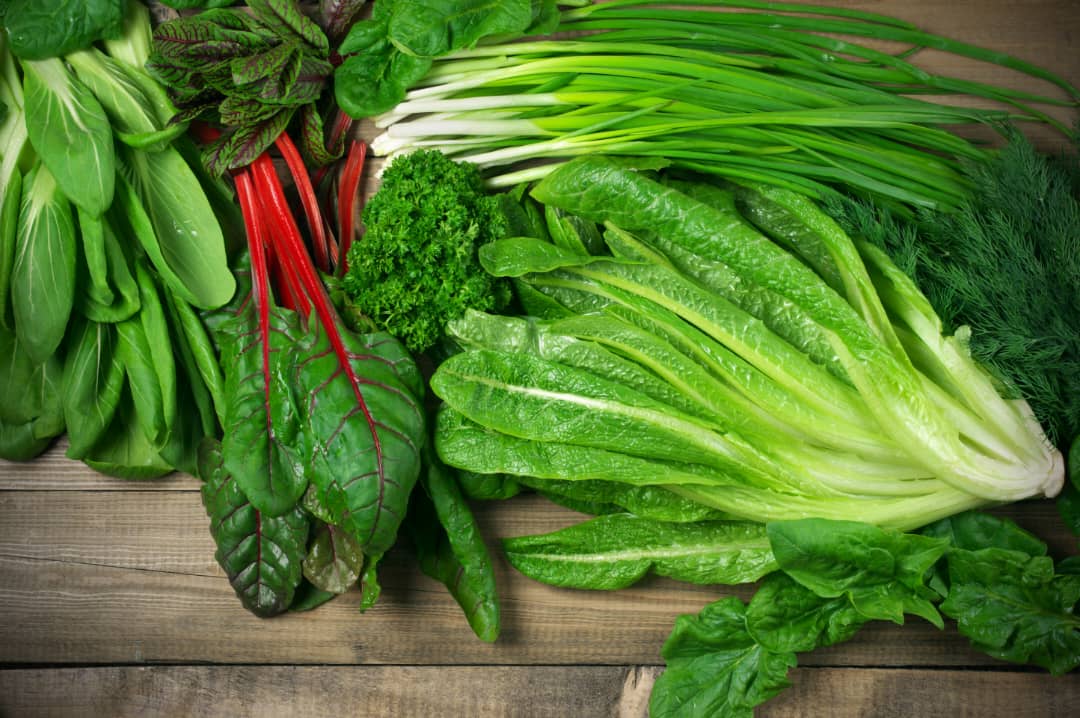


People are often concerned when they hear about nitrates and nitrites because it is widely known that these compounds can form carcinogenic nitrosamines. However, scientists have pointed out that this perception may be biased. In reality, nitrates and nitrites are essential for the human body. The potential risk these substances present to human health is influenced by the specific types of food from which they are derived.
A common misconception is that nitrates are exclusively found in processed meats. As food additives, nitrates are primarily used in processed meats and specific types of cheese to inhibit the growth of Clostridium botulinum (which can produce a neurotoxin), improve microbiological safety, and extend shelf life.
The truth is that nitrates and nitrites are naturally present in various foods and play a role in the nitrogen cycle between the air, soil, and water environments.
Nitrates and nitrites are water-soluble compounds formed by combining nitrate ions (-NO3) and nitrite ions (-NO2) with metal cations such as sodium or potassium.
According to a paper in Aging and Disease, the human body gets nitrates by two different means: endogenous production and dietary intake.
A certain intake of nitrates is a normal part of the human nitrogen cycle. The average daily intake of nitrates is around 40 to 100 milligrams in the United States and 50 to 140 milligrams in Europe.
Most nitrates and nitrites we consume through our diet come from fruits and vegetables, accounting for approximately at least 80 percent of the total dietary nitrates.
After ingestion, nitrates are readily absorbed in the stomach and small intestine, circulating in the bloodstream, saliva, and tissues. Approximately 75 percent of the nitrates are eventually excreted through the kidneys as urine.
Interestingly, the concentration of nitrates in saliva is 10 times higher than in plasma.
On the other hand, approximately 80 to 85 percent of the nitrites in our bodies are formed through the internal conversion of nitrates, and the proportion of nitrites obtained through dietary intake is actually relatively small. Most nitrites are further converted into nitric oxide (NO) in the stomach’s acidic environment.
Nitrates are considered potentially harmful because, under certain conditions, such as in the presence of stomach acid and high temperatures, they can react with amines to form carcinogenic nitrosamines. The World Health Organization (WHO) has established upper concentration limits for the daily intake of nitrates and nitrites, set at 3.7 mg/kg and 0.06 to 0.07 mg/kg, respectively.
While this mechanism objectively exists, researchers pointed out in the Aging and Disease article that epidemiological studies on nitrates and tumors have not shown clear evidence to verify the claim that dietary nitrates contribute to an increased occurrence of tumors.
A recent review published in Trends in Food Science & Technology indicates that, based on a comprehensive analysis of nitrates from various sources, dietary nitrates, especially those in vegetables, can potentially prevent cardiovascular diseases and other chronic conditions. Unfortunately, the focus on the potential formation of carcinogenic nitrosamines from nitrates has overshadowed the protective effects of nitrates on human health.
“Nitrate’s reputation as a health threat stems from 1970 when two studies showed it can form N-nitrosamines, which are highly carcinogenic in laboratory animals,” said Catherine Bondono, a senior research fellow at Edith Cowan University’s School of Medical and Health Sciences in Australia and author of a recent study titled “Nitrate: The Dr. Jekyll and Mr. Hyde of human health?” published in May. “However, no human studies have confirmed its potential dangers, and our clinical and observational studies support nitrate preventing cardiovascular disease if it’s sourced from vegetables.”
Dietary nitrates offer numerous benefits for cardiovascular health and can help lower the risk of conditions like heart disease, dementia, and diabetes.
Nitrates undergo a series of reactions within the human body, leading to the production of nitric oxide (NO), a gaseous signaling molecule. In 1998, three American scientists were awarded the Nobel Prize for their discovery of the role of NO in the cardiovascular system. Since then, it has been widely recognized that NO plays a crucial role in various physiological processes, including regulating vascular tone, mitochondrial respiration, neurotransmission, and skeletal muscle contractile function.
Dietary nitrates are an external source of NO, a crucial molecule in the body. This shift in understanding has prompted extensive research over the past decade, demonstrating the cardiovascular benefits of nitrates derived from plant sources.
Consuming foods rich in nitrates, primarily green leafy vegetables, can increase the body’s nitrate stores, promoting the conversion of nitrate to nitrite and further to NO, thereby improving cardiovascular health and exercise tolerance indices.
Human experiments have shown that supplementation with beetroot juice—high in nitrates—can lower blood pressure in individuals with hypertension, while supplementation with sodium nitrite can improve vascular endothelial function and reduce the stiffening of large elastic arteries in older adults.
Supplementation with nitrate has also been shown to improve skeletal muscle function and, in certain circumstances, enhance exercise performance. Elevated NO levels in the blood during intense exercise can promote oxygen transport and muscle oxygen uptake.
Growing evidence like that presented in the Trends in Food Science & Technology review suggests that low intake of nitrates is associated with diabetes, inflammation, eye diseases, and impaired muscle function. Additionally, it is recognized as a significant risk factor for falls and fractures.
The study led by Bondono indicated that countries and relevant organizations fail to establish dietary guidelines on nitrate intake that differentiate between dietary sources, such as nitrates derived from meat, vegetables, and water.
“For instance, unlike meat- and water-derived nitrate, nitrate-rich vegetables contain high levels of vitamin C and/or polyphenols that may inhibit formation of those harmful N-nitrosamines associated with cancer,” she explained.
She emphasized that based on current evidence, individuals are recommended to prioritize obtaining nitrates from vegetables without excessive consumption. Dark green, leafy vegetables and beetroot are all rich sources of nitrates. According to her, consuming one cup of raw vegetables or half a cup of cooked vegetables daily is sufficient to yield cardiovascular benefits.

